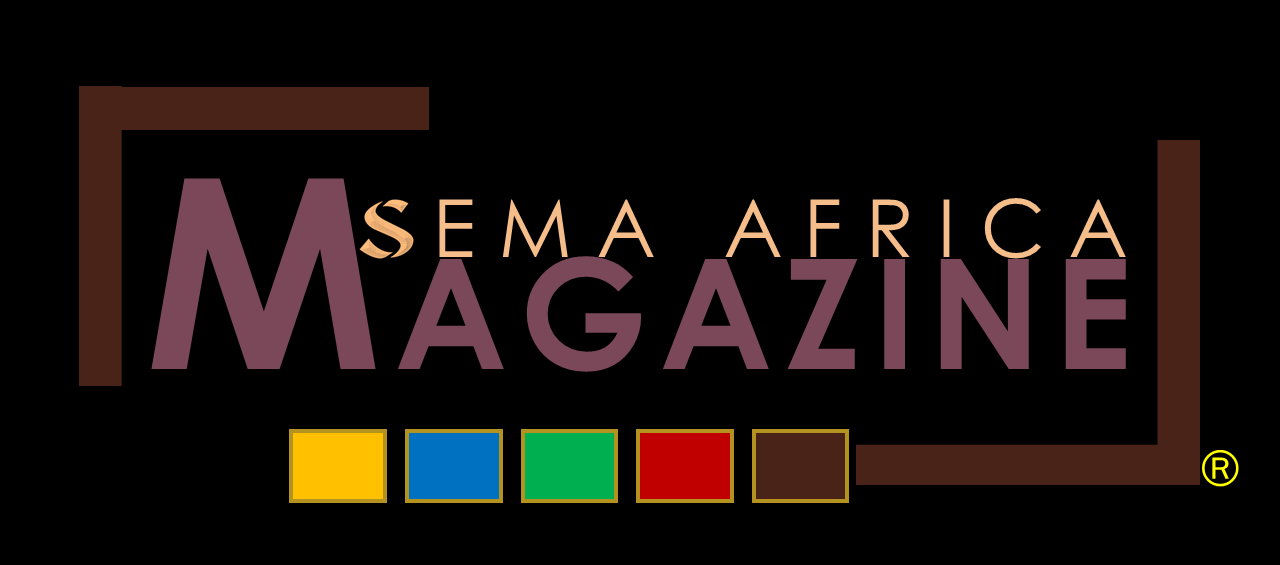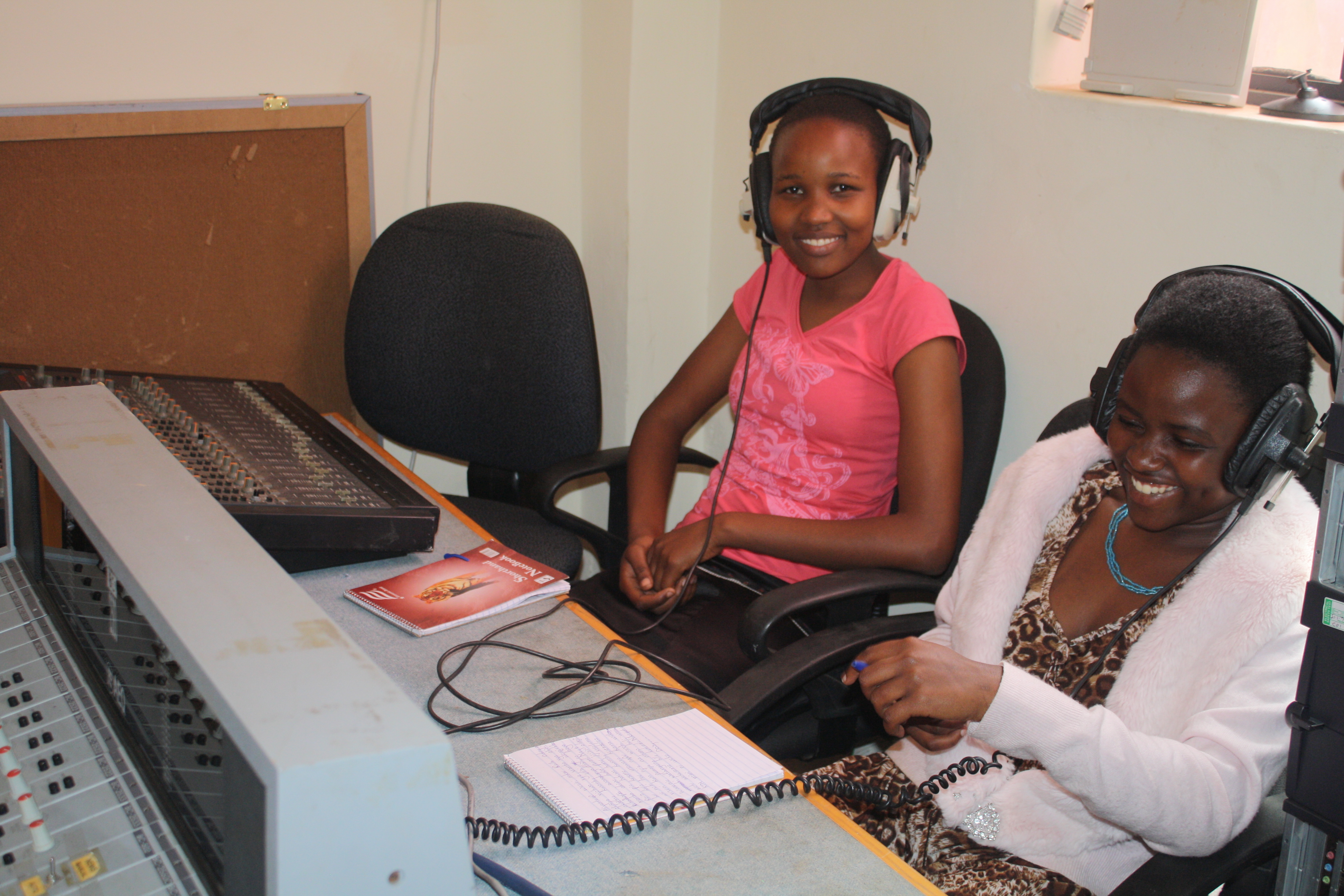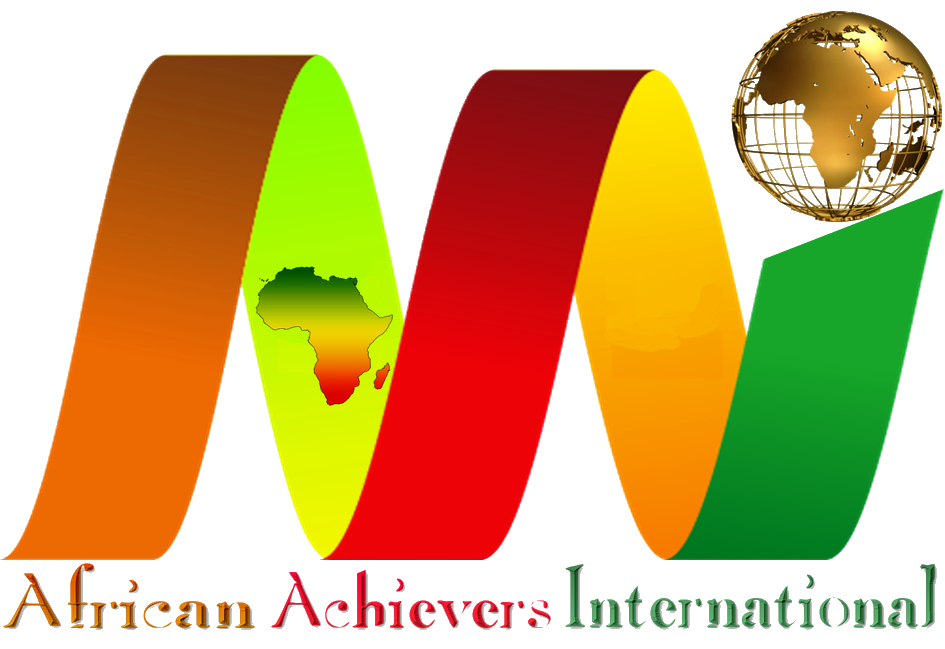The girls
aiming to change Africa: young activists speak
out
Five activists from countries across Africa talk about the issues that affect their lives, from disability rights to gender equality and FGM
Teenage girls in Uganda. Activists attending a recent mentorship meeting in Kampala discussed strategies for championing the rights of women and girls in Africa.Last month, 30 girls’ rights activists aged between 13 and 19 from six African countries – Uganda, Kenya, Tanzania, Namibia, Malawi and South Africa – attended a mentorship and empowerment meeting in Kampala.
“At its most simple, the girls will change Africa,” said Happy Mwende Kinyili, a senior programme officer at international women’s fund Mama Cash, which sponsored the event. “They will do that because they know what they want and they will go for what they want. When others see that, their worlds will also change. It is important that it is girls from different parts of Africa, because it is about changing Africa.”
According to Mama Cash, the meeting was intended for “the girls to learn, train, grow, network and strategise together – strengthening the next generation of feminist activists”.
Here some of the attendees talk about the big issues they face as girls and young women in their countries, and what they would like to see changed.
All photographs: Darlyne Komukama
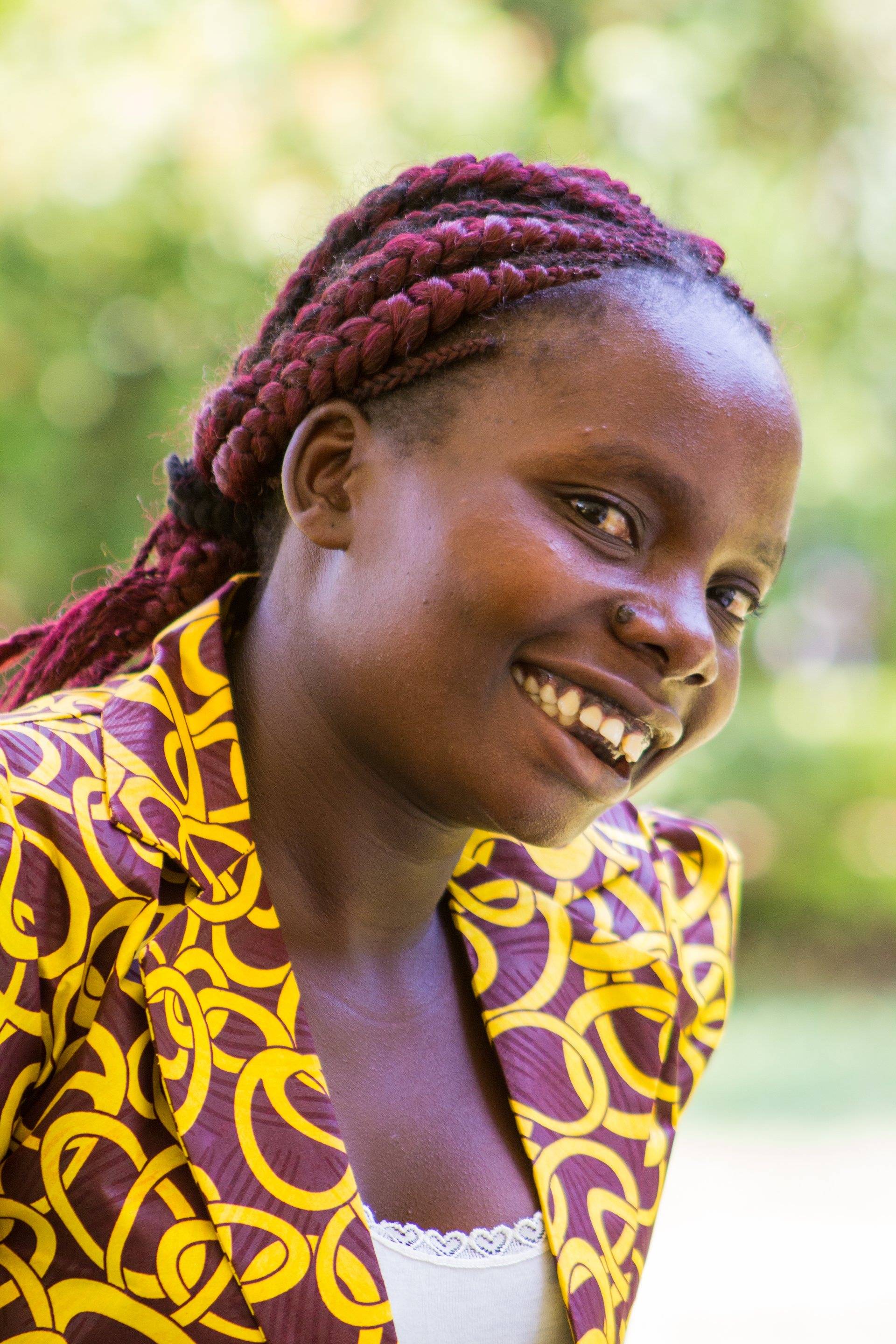
Patricia Moyo, 17, studying for a diploma in rural and community development, Malawi
I was born with a disability. I was affected by polio in both legs.
There are so many issues affecting girls of my age in Malawiand [they are] worse when you are disabled. Those who are disabled have always been taken as second-class citizens – in terms of access to education they are always left behind. If you look at the structures that are in schools, they are not user-friendly. It is extremely hard for somebody who is using crutches or a wheelchair to attend class. And these issues affect everybody with a disability – the girls and the boys.
I would love it if my country would take each and every person as equal.
We are all human beings, [and] deserve to be alive and enjoy life as everyone else, regardless of disability.
I want to fight to see that disabled pupils are also taken into mainstream schools. Today in Malawi, the practice is that when you are visually impaired, for instance, they take you to a visually impaired-only school, or school for the needy. But we want to go and mingle and meet with fellow students and everyone else, and not just those who are disabled.
I want to be that girl that everyone will look up to as their role model, especially disabled people. I want to be there for them. I want to be their voice. But I also want to see the government in Malawi take a lead to address disability issues. And regarding everyone else, [I want them to] recognise my disability and emphasise my capabilities.
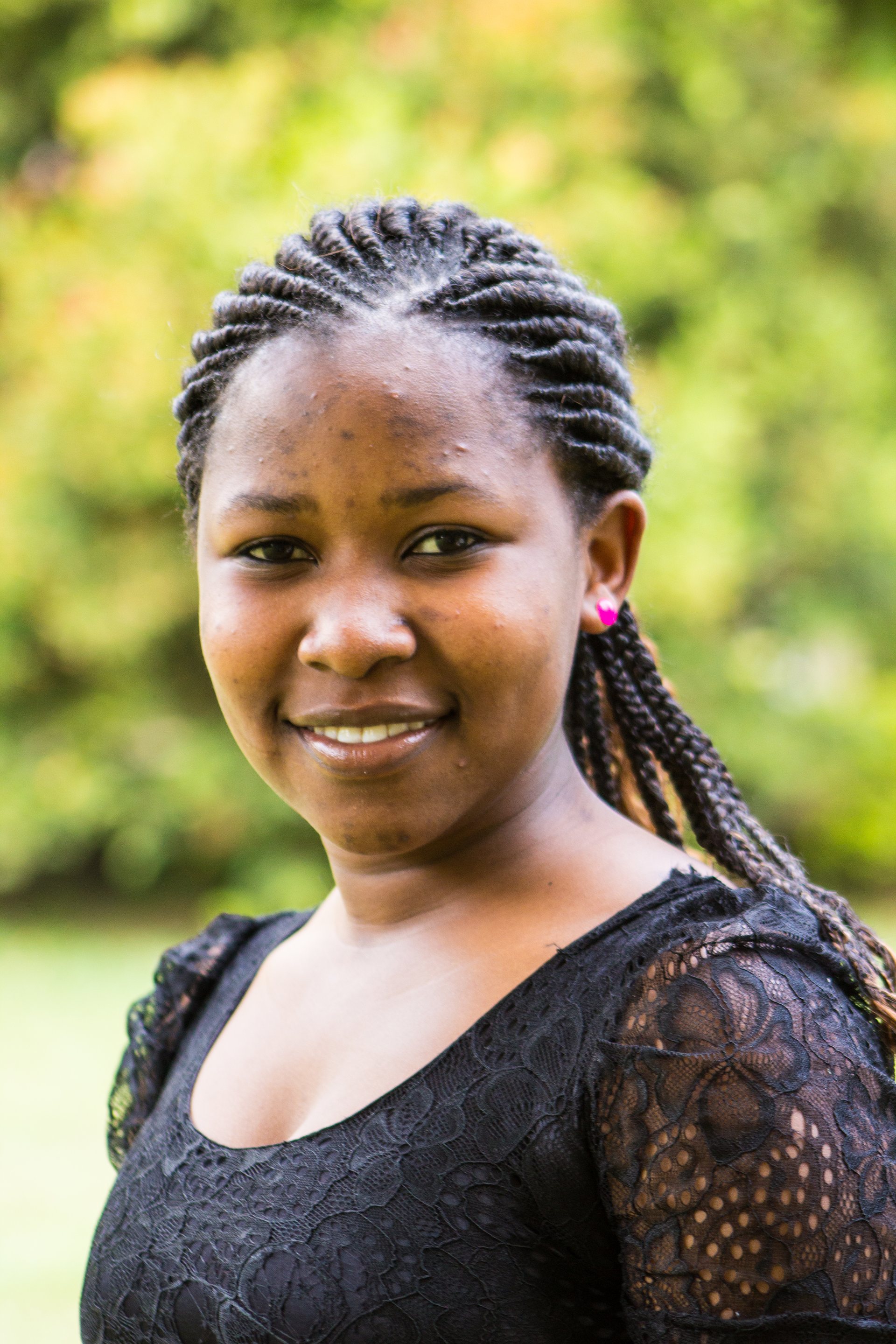
Atieno Fiona Kimberly, 17, student, Kenya
The biggest issue affecting girls in Kenya is lack of sanitary towels and that, during their period, they can’t attend school – they have to stay at home. Another issue is poverty. The culture in our country has always been that if [my family is] poor and I have a brother, my brother will be educated and I will stay at home. They will prioritise my brother, which is discrimination – the boy is more privileged than the girl.
There are also negative cultures which hold girls back in Kenya. Like the Maasai [community] still have female genital mutilation (FGM) – it is very backward and dangerous. I could die because they use the same [razor blade] to cut more than one girl, and it can transmit diseases.
Those who have undergone FGM will have complications while giving birth. The whole culture is a total mess.And then there are early marriages. The way that I am here, at just 17 years old, and I am forced to marry a person fit to be my father. They consider bride wealth [the property that the groom gives the bride], and we [girls] are sold. We are seen as gadgets or something of the sort.
I would really love to see that in Kenya, men and women are treated equally. There should be nothing like a boy should go to school and a girl shouldn’t, just because I will get married one day and leave my father’s house. FGM and early marriages should stop and Kenya would be a better place for a girl.
Sanitary towels should at least be subsidised so that poor parents can also afford them for their daughters. [The programme announced by the government to provide these free does not reach remote areas.]
I wanted to be a lawyer but now I want to be a pilot because we have very few female pilots, not just in Kenya, but across the whole world. So my inspiration is to become one of the female pilots. There are those who think such jobs are never meant for women. I want to change that.
Women's rights and gender equality, we highlight issues affecting women, girls and transgender people.
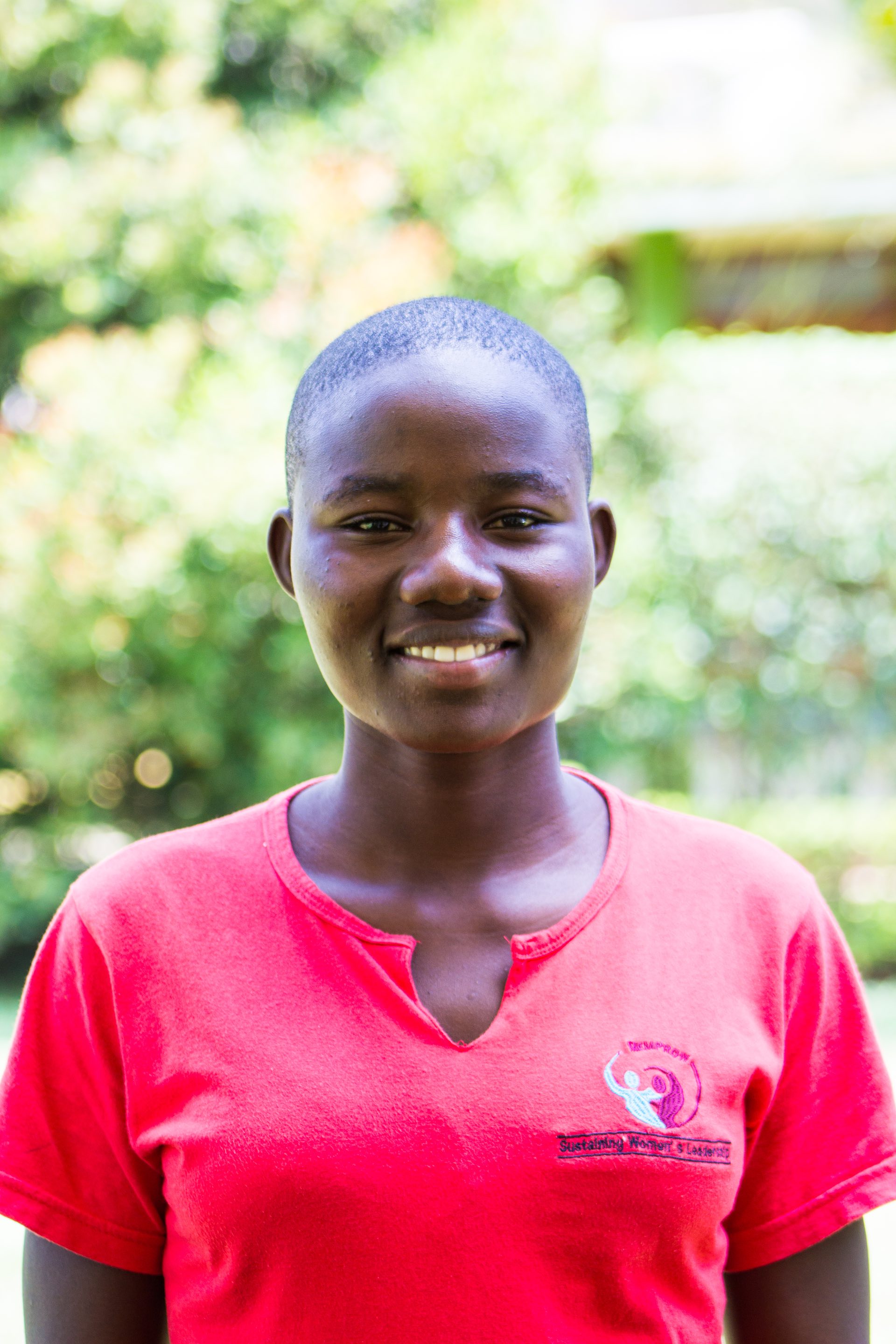
Brenda Irachan, 17, student, Uganda
I am from the countryside in
Nebbi district in north-western Uganda. The biggest issue that
affects girls here is
[cross-generational] relationships. There are certain things
that force us [into relationships], like when our parents are not
providing everything we want and some old men come in and say, “I
will be able to provide you with what you want”, and the girls are
swayed.
Of course the girl is young; she does not know how to deal with the relationship with an old man – they are impregnated and dumped and they drop out of school. Once a girl is pregnant, the parents chase her out of home. You end up a single young mother. I am born of a poor family but I am determined to change that and I can only do this through education.
In future, I want to be a doctor and I would also like to see my colleagues studying and becoming important people as well.
Seeing my friends suffering is not good.
In the community where I live, I normally talk to my friends about their rights and responsibilities. I tell them that there is time for everything – study at school first, and do not engage in relationships with older men. [For] those whose rights have been violated, we have a probation office in Nebbi and I encourage them to go there and report it.
My dad had not wanted to pay my school fees but, because I felt it was my right to go to school, I took my father to the probation office to explain why he did not want to pay my school fees. He started to pay. Now I go to school.
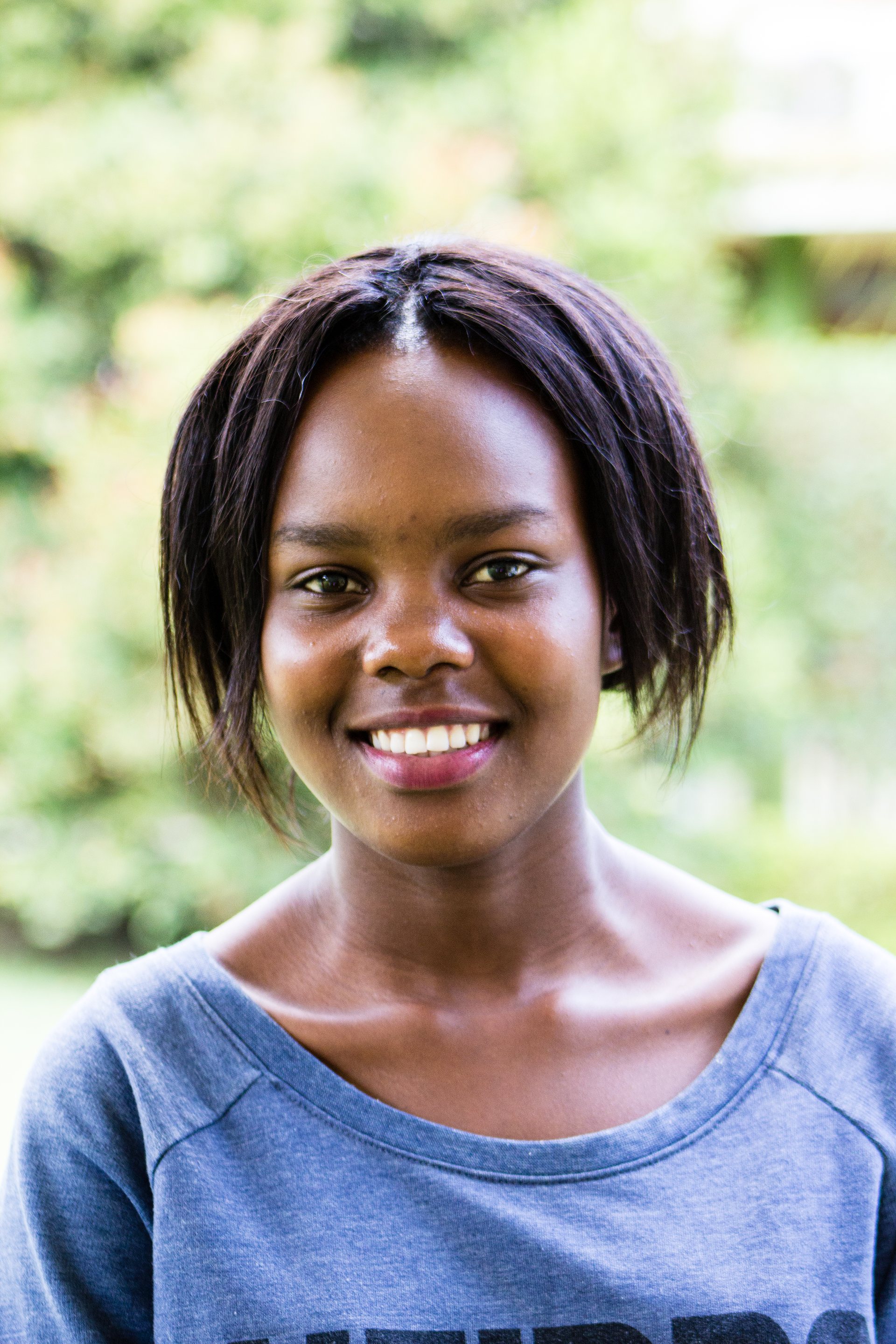
Uetutjinda Kautjituavi, 17, student, Namibia
There are a couple of challenges holding back teenage girls like me in Namibia. The biggest are teenage pregnancy, sugar daddies and lack of education.
And these issues are related. Most of the girls here drop out of school because of early pregnancies and it is usually the sugar daddies who are responsible. The girls drop out of school and they just become single mothers.
Honestly, I don’t think
government is doing anything at all [to help the situation]. In
this workshop here, we looked at human rights and when I go back
home, I want to talk to my friends and other girls about how to
care about themselves, and tell them that they have the right to
say no to advances from sugar daddies.
And bythe way, once girls are aware of their rights, they can even demonstrate and force government to act.I want to study and be a gynaecologist in future. I want to help women. One last point I want to emphasise is that girls have rights.
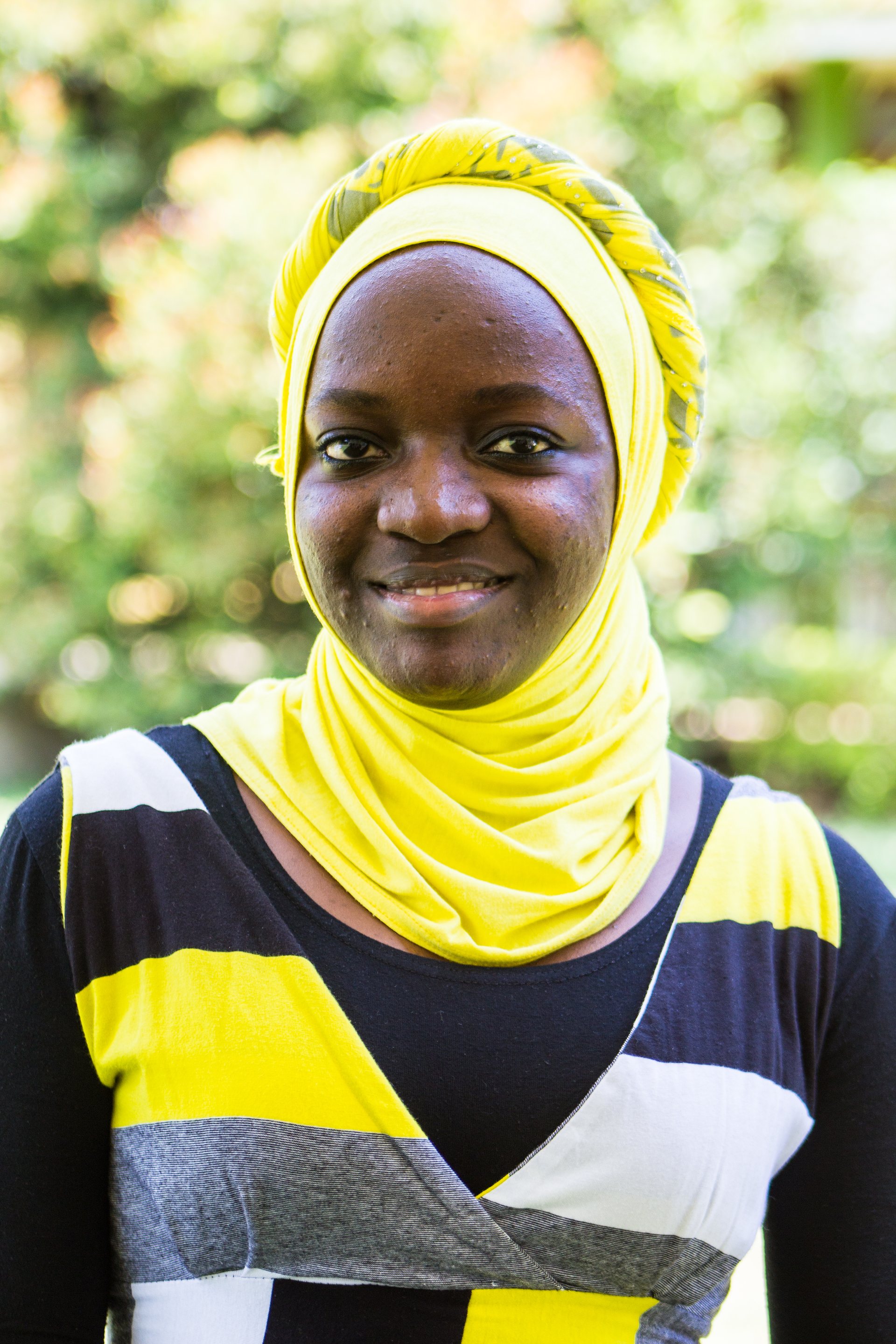
Hawa Kimbugwe, 19, a poet, and studying human nutrition at Kyambogo University, Uganda
The issue affecting girls of my
age is insecurity. Because of society’s structures, girls are
insecure and usually mind more about what other people think about
them and not what they want to do with their lives. They have low
self-esteem and confidence just because our culture teaches us to
be so confined and uptight.
So some of them can’t say no when they don’t want to do something and that is why there is a saying here that “a girl’s no is a yes”. Some girls also bleach their skin and want to look like [other people’s idea of beauty]. But me, I say you are beautiful the way you were created.
Girls have no information about themselves, their rights and the fact that there are things they are entitled to. This sometimes makes them submit to whatever comes their way. They need to get more informed and knowledgeable about social [issues]. The education system usually focuses on things to do in school and passing exams, but not social survival.
I want to advocate girls’ rights. They have to know that no one is supposed to touch their body if they don’t want it. Their bodies are theirs and theirs alone. Nobody has a right to just tap your butt if you are walking in town. I want girls to be confident and stand their ground and appreciate themselves the way they are. And when girls are assertive, they are mindful of what is taking place in their environment and they will ably fight injustice.
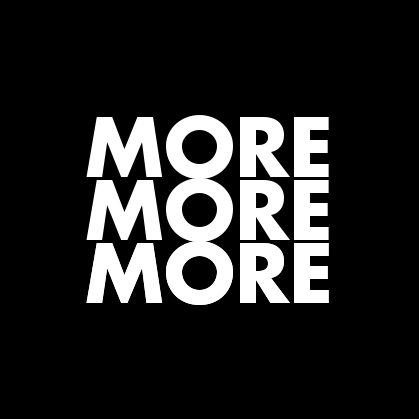
YOUR SHOPPING MADE EASY
Africa's Change Makers Magazine
COMPANY
AFRICAN ACHIEVERS INTERNATIONAL Inc. is a global media and technology company including lifestyle media publisher SEMA AFRICA
online
Magazine AFRICAN ACHIEVERS MAGAZINE, digital shopping
platform PA-BEAUTY STATION.COM, event management
PRIDE OF AFRICA, awards program AfIA
AWARDS, youth and talent development, PILLARS OF
HOPE and AAK, Volunteerism
UNIVERSIDAY grassroots community support
NAD and financial support
REMITGROW and monthly subscription box AAi Must
Have. ....
More from African Achievers International
PLATFORM
About Sema
Africa
Our
Team
Contact
Us
Jobs
Internship
Upcoming Events
Get a Domain/Website
Mama Africa - My Story
Write for Sema Africa
Advertise
Promote your Events
Travel
Policies
Archive
SUBSCRIBE

